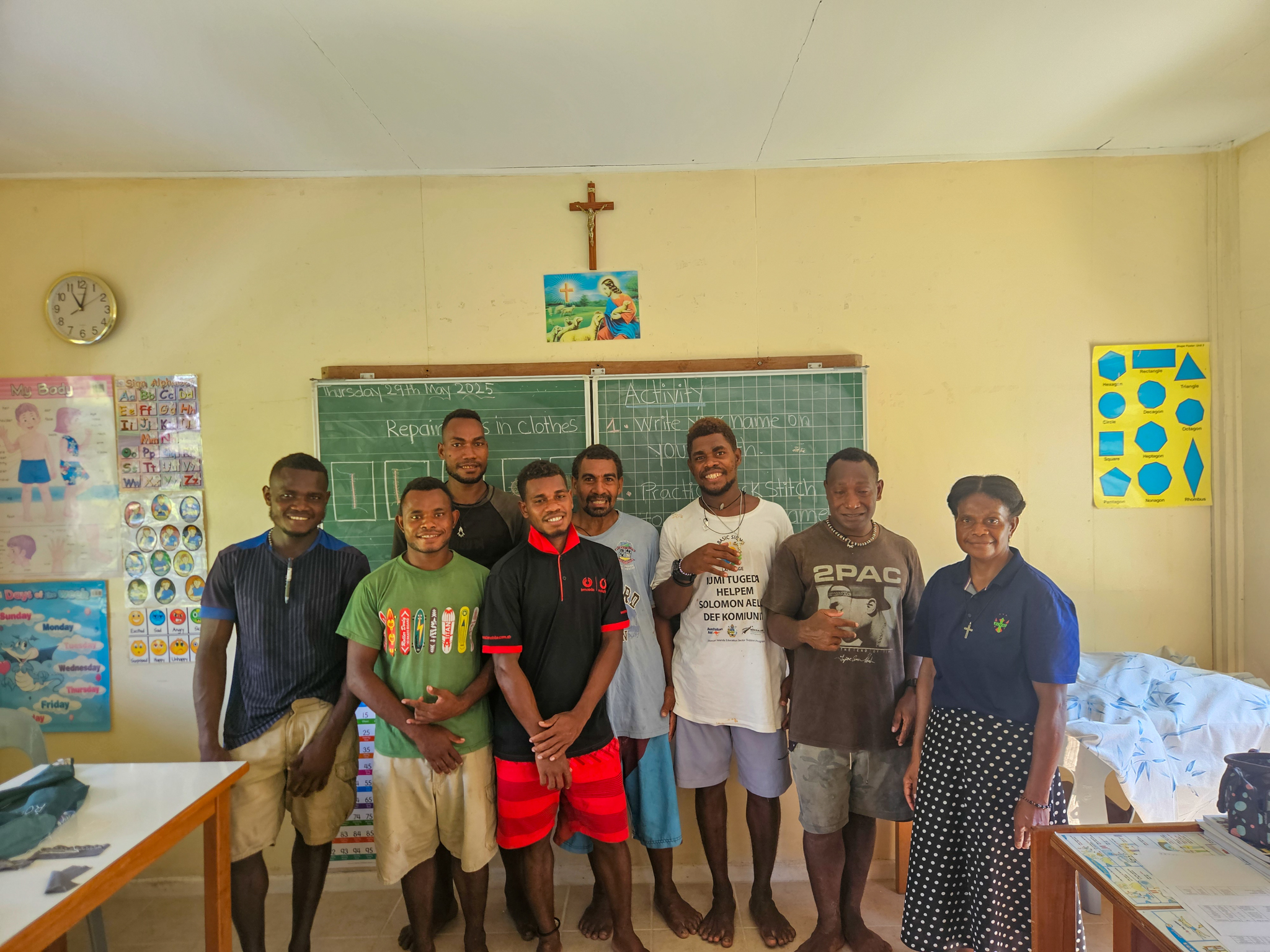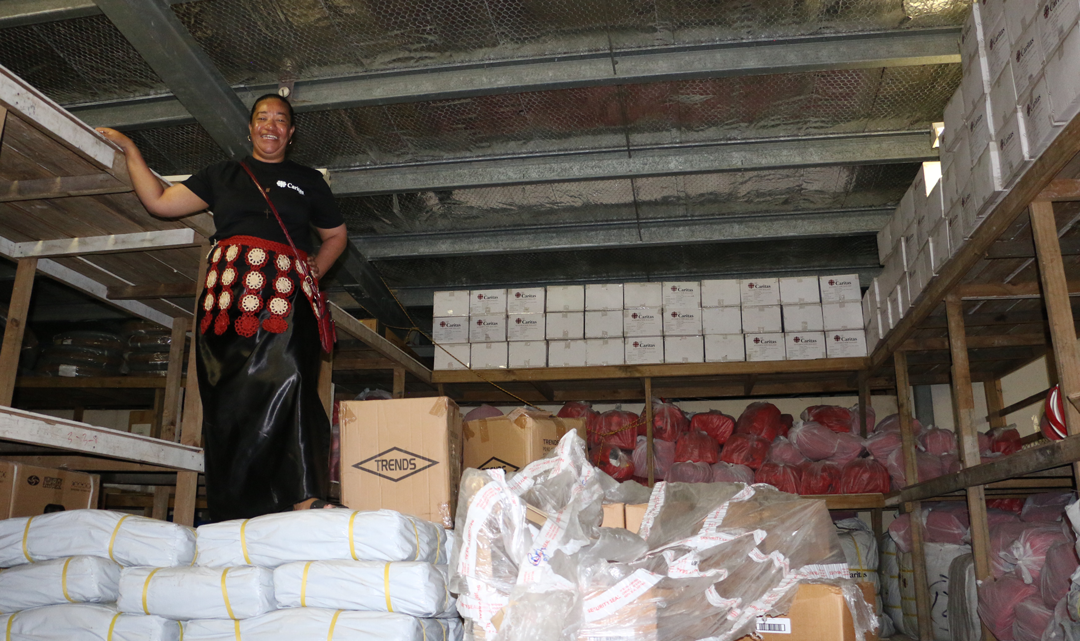
Chanmoni on her farm in Bangladesh. Photo credit: Caritas Bangladesh.
Despite Bangladesh’s economic growth over the past decade, inequality in the country continues to impact the most marginalised groups, particularly women, children and indigenous people.
Chanmoni is part of the 70 per cent of people in Bangladesh who rely on agriculture for their livelihoods. With the health and bounty of harvests heavily dependent on the weather due to limited water supplies and a lack of infrastructure, people like Chanmoni often experience hunger and food shortages.
After years of financial hardship, her life took a turn for the better when she joined the Sustainable Livelihood Program for Indigenous Communities in Dinajpur, an initiative supported by Caritas Australia and implemented by our partner, Caritas Bangladesh.
Chanmoni gained the necessary skills to support livestock and aquaculture development, as well as new approaches to generate income. With additional financial support, she was also able to purchase two goats and five chickens.
Chanmoni’s hard work and dedication to learn and apply new skills have made her a leader in her community. She is now the Chair of the Handful of Rice Group in her village, through which members save and exchange rice to ensure very family has enough food to eat.
“My life began to change when I joined the program,” Chanmoni says. “I feel empowered and hopeful that I can ensure higher education for my children.”
The Sustainable Livelihood Program for Indigenous communities in Dinajpur has supported:
If you would like to support programs and positive outcomes like this, please give what you can today.
*This program is supported by the Australian Government through the Australian NGO Cooperation Program (ANCP) and public donations to Caritas Australia.

















